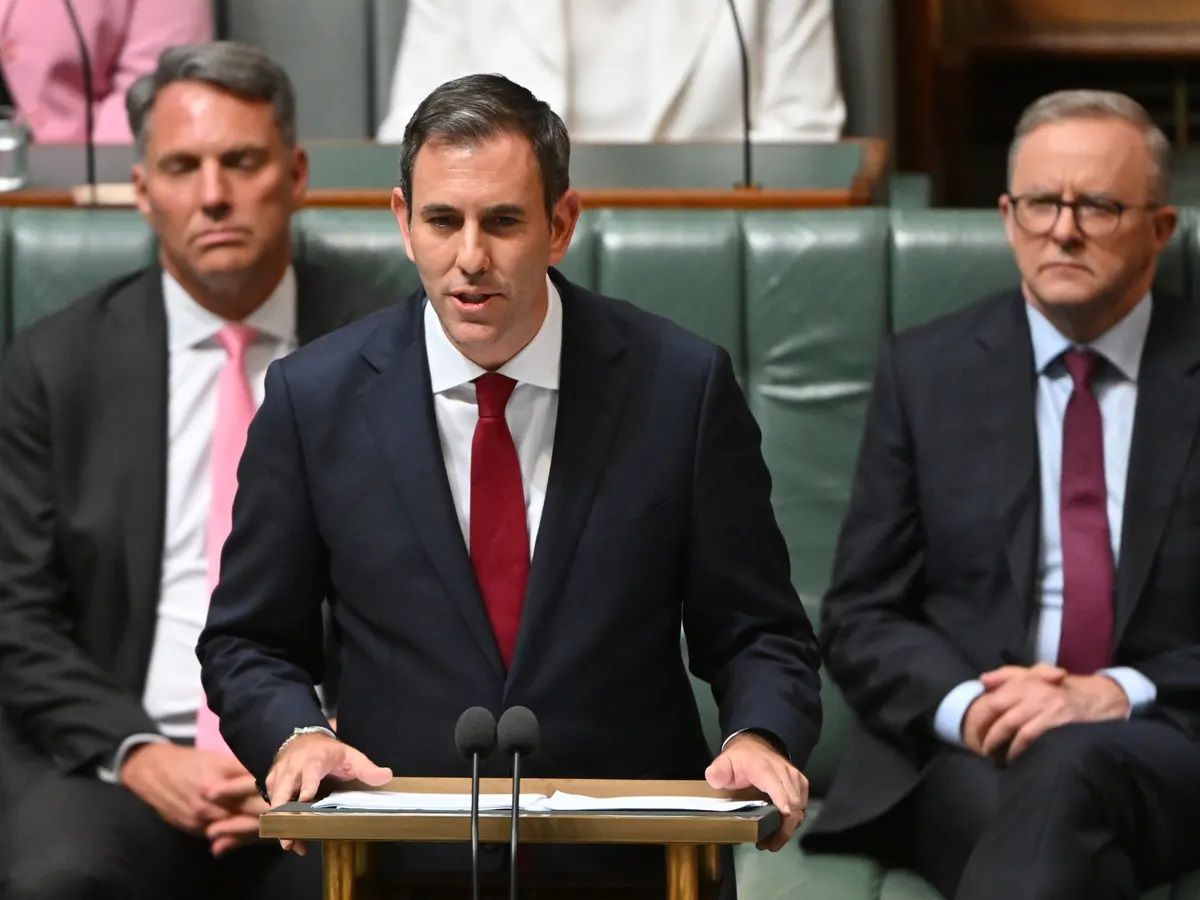The key influences of 2024
Uncertainty has reigned over the last few years, but can we expect more consistency as we head into 2024? We explore some of the key issues and influences.
Inflation and labour supply
RBA Governor Michelle Bullock stated, “Inflation is past its peak and heading in the right direction, but it is likely to return to target a bit more slowly than we previously thought.” While there have been encouraging signs, uncertainty remains. Domestically, inflation is persistent, growth has slowed but the labour market remains tight. And, the Australian economy remains at risk with uncertainty over the Chinese economy and ongoing international conflicts. At this stage, the RBA have not ruled out further interest rate increases.
The unemployment rate remains at 3.7% and the labour market tight. Wages grew 1.3% for the September 2023 quarter and 4.0% over the year, pushing wages to a 14 year high. High-skilled workers are particularly difficult to source, and we appear to have reached a point now where employers are unwilling to pay inflated salaries to acquire those willing to move.
Income tax cuts and the end of some concessions
From 1 July 2024, the stage 3 tax cuts that radically simplify the personal income tax brackets come into effect. The tax cuts collapse the 32.5% and 37% tax brackets into a single 30% rate for those earning between $45,001 and $200,000 – this is assuming the May Federal Budget does not postpone or scrap them!
The superannuation guarantee rate will rise again on 1 July 2024 to 11.5%.
For small and medium businesses with group turnover of less than $50m, a series of concessions are set to end or reduce back to conventional levels:
- The Skills and Training Boost ends on 30 June 2024. The boost provides a bonus deduction equal to 20% of eligible expenditure for external training provided to your workers for costs incurred between 29 March 2022 and 30 June 2024.
- The Small Business Energy Incentive is scheduled to end on 30 June 2024, although legislation to introduce this concession still hasn’t passed through Parliament. The incentive is intended to provide an additional 20% deduction on the cost of eligible depreciating assets that support electrification and more efficient use of energy.
The instant asset write-off for businesses with group turnover of less than $10m is due to reduce back to $1,000 from 1 July 2024. The cost threshold is meant to be $20,000 for the 2024 financial year, but legislation relating to this measure hasn’t passed through Parliament yet.
Worker rights and rewards
There have been a myriad of changes and enhancements to workplace laws across 2023 and employers can expect greater scrutiny in 2024:
- A 5.75% increase in the minimum wage to $23.23 per hour from 1 July 2023.
- New rules and a 2 year limit to some fixed term employment contracts (no renewing).
- A landmark case that defined how to determine whether a worker is a contractor or employee. The ATO has followed through with new rulings to ensure employers are paying the correct entitlements. It’s essential that employers have assessed contractors to ensure that they are classified correctly.
- Greater flexibility for unpaid parental leave.







